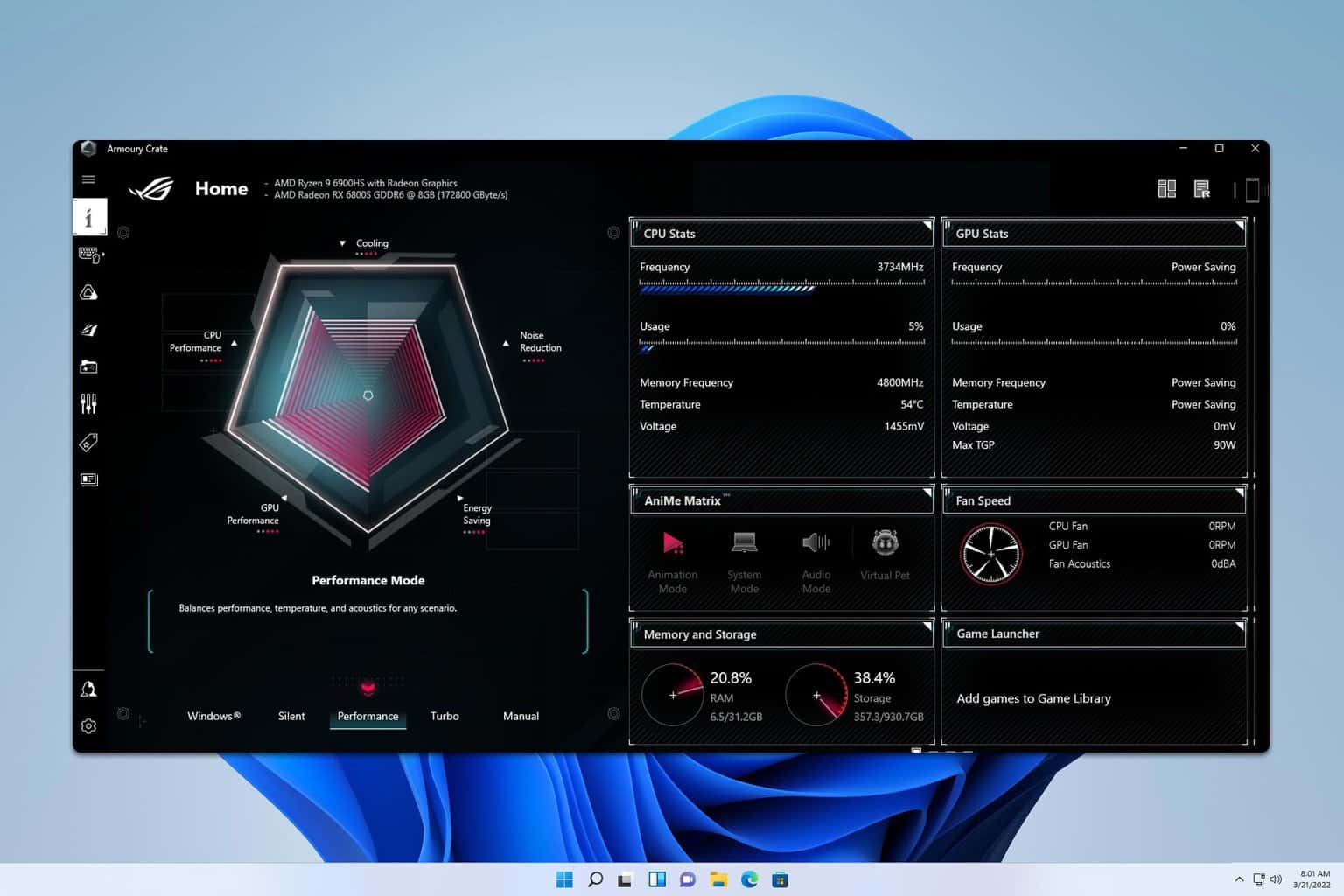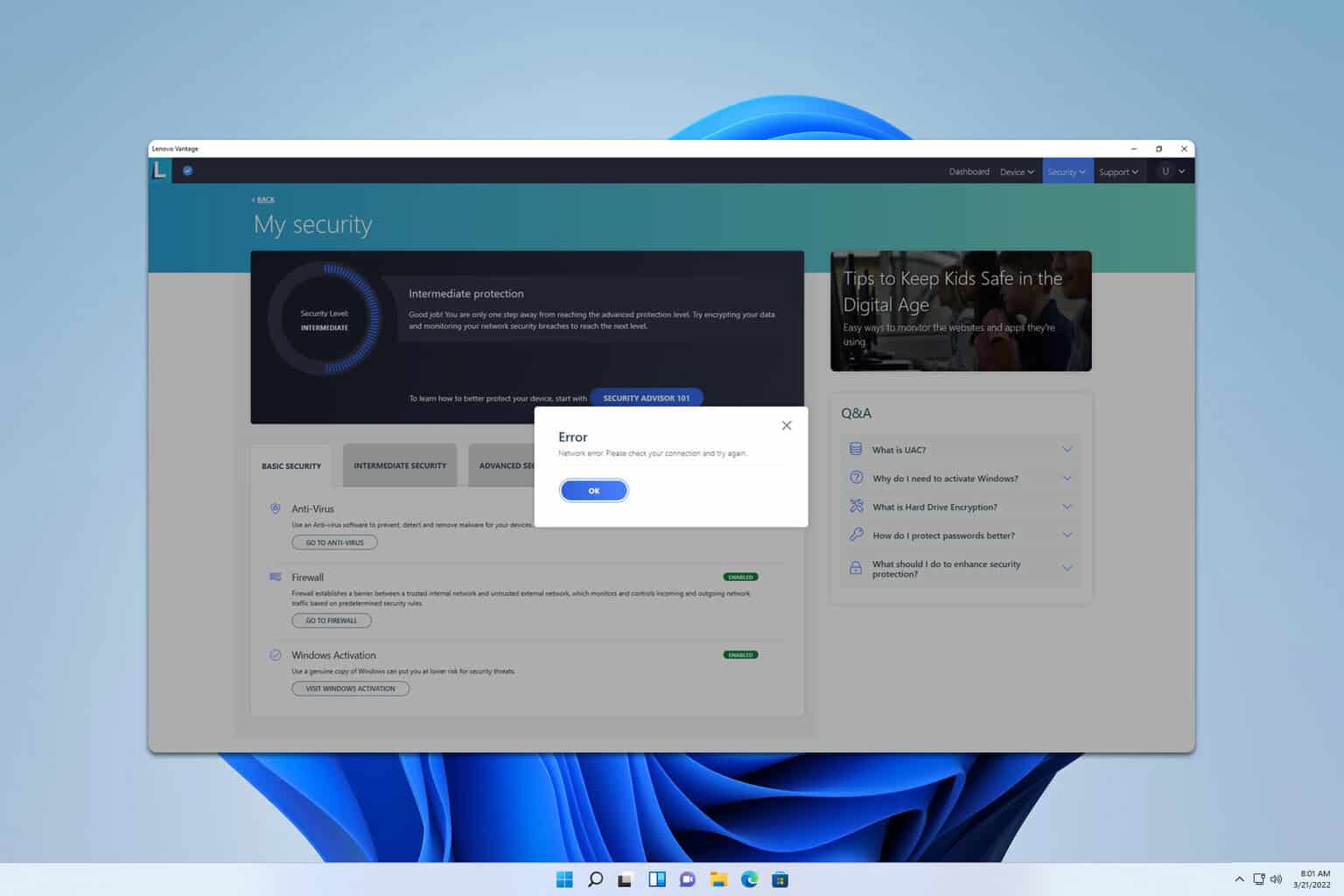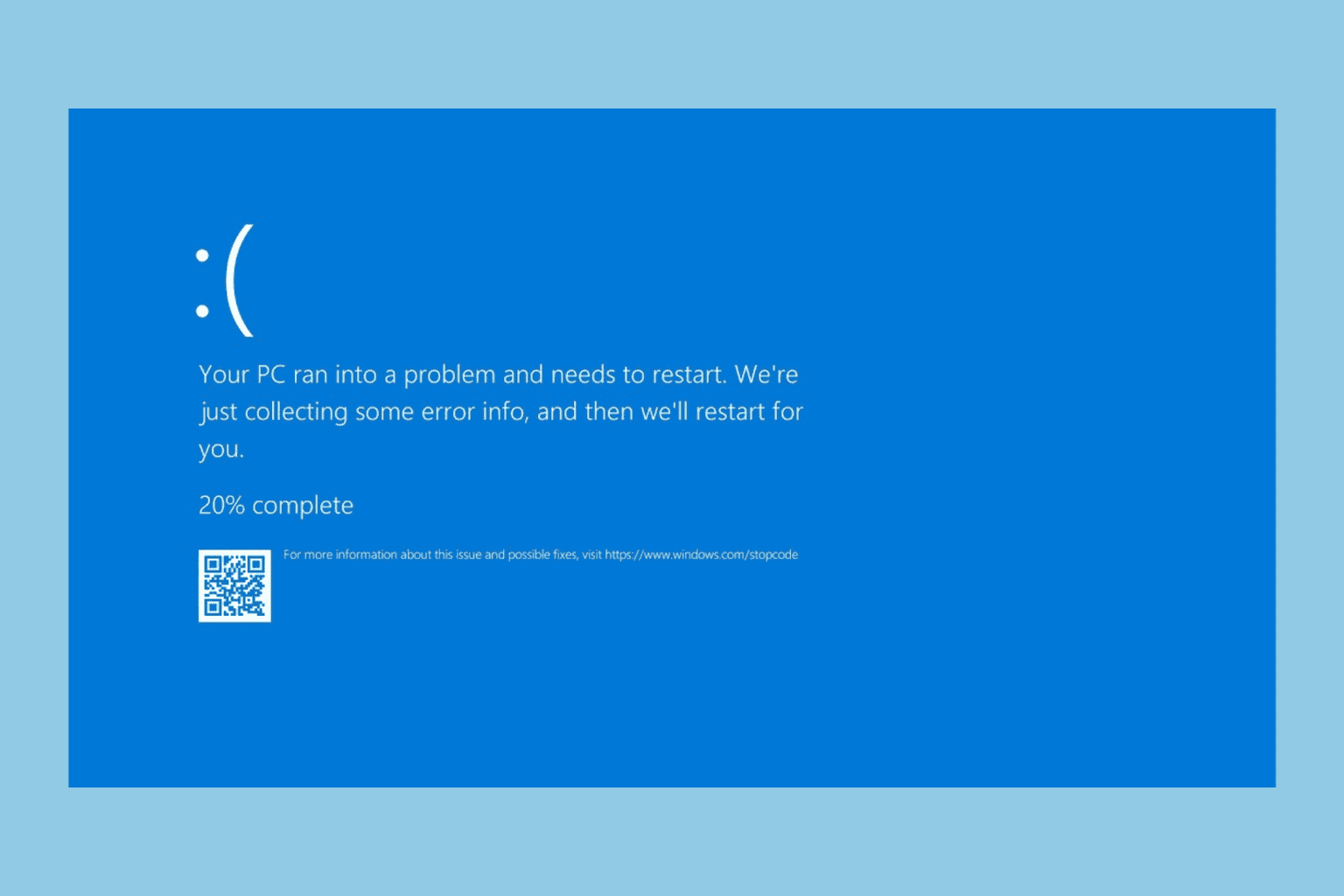Microsoft is fighting the US government’s demands to hand over emails
2 min. read
Published on
Read our disclosure page to find out how can you help Windows Report sustain the editorial team. Read more

Microsoft shares the view that many people hold — that these requests are unacceptable. There are, of course, instances in which it would be appropriate for the government to request access to someone’s emails, but Microsoft argues that the correct legal channels should be used rather than request automatically being honored.
The hearing hinges on deciding who owns emails that are stored in the cloud — is the person whose account they are held in, or the company who hosts them? If Microsoft ‘owns’ the emails, then the government can request access to them as ‘business records’. Different laws applies when it comes to accessing personal data.
As the activities of the NSA have made people aware, legally the government is only able to obtain limited data about phone calls — who phoned who, when, and where. If the content of the phone calls needs to be accessed, a court order is needed. Microsoft says the same thinking should apply to accessing emails. But as the Wall Street Journal points out, “under well-established case law, a search warrant cannot reach beyond US shores.”
It will be fascinating to see how the case at the New York federal court pans out. Whatever the result of the hearing is, there could be very wide-reaching consequences. It just remains to be seen whether the consequences involve a loss of privacy.








User forum
0 messages